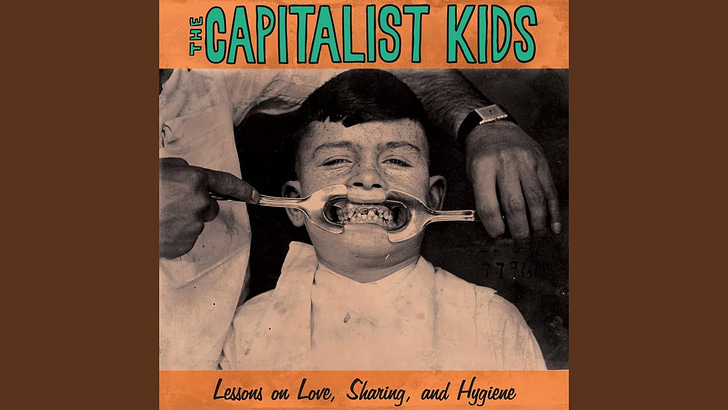Privilege, or, How Do People Do This?
Another lamentation about how we fail parents, this time from the trenches
Hi there! I’m John, some of you know me. I write a little newsletter about over at Yesterday, When I Was Mad, about my journey as a new parent in this world of ours. And also music. I’m very glad that Ricky has invited me to share some thoughts here.
As of this past Tuesday, our little one is four weeks old. We’ve had him at home for a little over three of those, free from the helpful assistance of a battalion of nurses and doctors and consultants who know way more about tiny children than we do. Left to our own devices with an inscrutable little creature.
Since then, I have done laundry approximately every day, and filled untold bags with soiled diapers. I said this morning, as I carried another load to the basement, “I’m sorry about our water bill this month.”
Which gets me thinking, how on earth do most people even begin to afford children?
I’m incredibly fortunate to be in the position I am. I have a good job, and make enough that unpaid maternity leave isn’t going to be a struggle. My company offers relatively generous, and flexible paternity leave. I have a community of parents thanks to my run crew where we can share unneeded baby gear, or organize a nanny share to help share the financial burden of daycare. Despite this position of security, there’s so much stress about what ifs. There are unforeseen disasters looming everywhere! I have some degree of confidence that, whatever may come, we’ll be able to handle it. Not everyone is so lucky.
Of course, it’s well known that here in the US we particularly do not provide jack for parents. There is very little in the way of maternity leave policy, and let’s not even get into paternity leave. There are some programs out there to help new parents—Baltimore recently launched its Baltimore Young Families Success Fund, where they provide a guaranteed $1,000 per month to young parents age 18 - 24 over the course of 24 months—but these things are few, far between, and of course limited. Happily, the over 4,000 applicants for the Baltimore program were accepted, but again, this is not the norm here. Maybe, just maybe, it should be!
I knew so much of this on paper before having a child. It’s not like our lack of respect for the job of parenting is much of a secret. And let’s say it loudly, without any qualifier: Parenting Is A Job. It really puts it into sharp relief once you’re in it, even if—maybe especially if—you can weather the storm. The answers seem obvious, just look at almost any other country. I was talking to a fellow parent recently who had serious conversations with their partner about relocating to Europe solely for these programs and support.
It shouldn’t be a controversial stance that raising the next generation is hard, serious work. And yet we almost make a sport of undermining and undervaluing the work and the people that do the work, be they parents or teachers. It’s pretty disgusting that this rich, supposedly advanced country can’t even agree that this is a function worthy of institutional support.
For all the problems that can and do arise in DIY scenes, the core belief, that there’s a way outside the system, or to work together as a community when the systems that be prove insufficient, is strong, and worthy. I’ve witnessed it and truly believe in the spirit. And you don’t have to look far to see these sorts of communities form for new parents, especially in urban environments. People coming together to get through a struggle as one, to help each other ease their burdens. It’s great to see, but at the same time, why? Why does the burden exist in the first place? It doesn’t have to.
I wish I had some optimism that it would be better. I would like to believe that if and when our kid has their own kids, there would be a system in place to make that a little bit easier. I’m normally a person who looks to the future and believes that something will get better. Here, though, it’s hard. The culture in this country doesn’t seem to be changing, at least not for the better.
But hey, I’ve been wrong before. Let’s all hope I am again!



